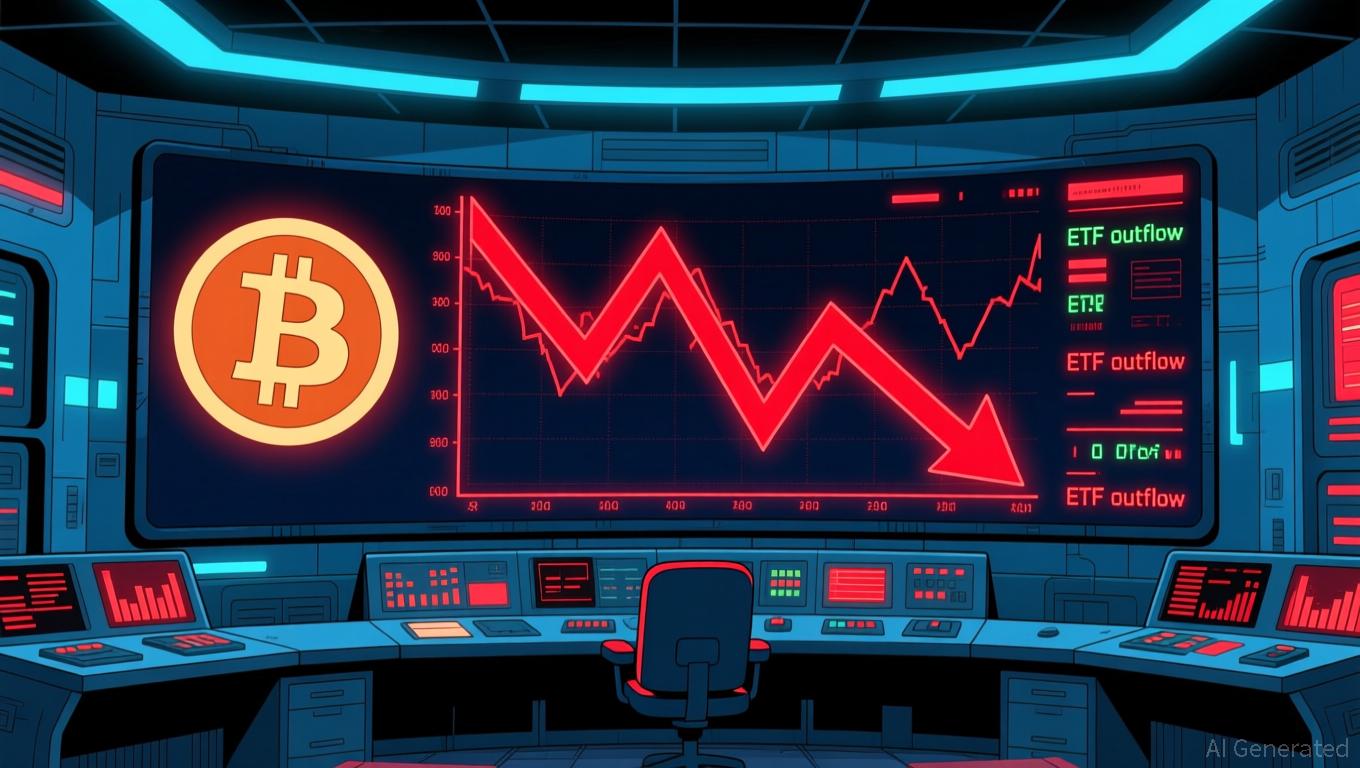Kalshi, a platform where users can wager on the outcomes of future events, has reportedly secured a staggering $1 billion in new funding, bringing its valuation to $11 billion, according to an individual with knowledge of the transaction. This fundraising comes less than two months after the seven-year-old company revealed it had raised $300 million at a $5 billion valuation.
The most recent investment round is being led by Sequoia and CapitalG, both of whom are existing backers, the source noted. Kalshi’s investor roster also features Andreessen Horowitz, Paradigm, Anthos Capital, and Neo.
Both Kalshi and Sequoia chose not to provide a statement. CapitalG did not reply to our inquiry for comment.
Last month, Kalshi’s chief competitor Polymarket was said to be negotiating a new funding round that would value the company between $12 billion and $15 billion, just weeks after it closed a $1 billion round at an $8 billion pre-money valuation, according to Bloomberg.
Interest in Kalshi and Polymarket soared last year as both platforms enabled users to place bets on the presidential election’s outcome. Their prominence grew further after accurately forecasting the results of New York City’s mayoral race earlier this month.
During the Mamdani versus Cuomo contest, Kalshi ran advertisements on New York subway trains, featuring live screens that updated the odds for each candidate in real time—a marketing effort that significantly boosted the company’s visibility among city residents.
Kalshi’s services are available in over 140 countries, allowing users to bet on a wide array of future events, from predicting Time magazine’s 2025 Person of the Year and the Rotten Tomatoes rating for the movie Wicked, to longer-term outcomes such as the next U.S. presidential election winner.
By mid-October, Kalshi’s annualized trading volume had reached $50 billion, representing a more than thousandfold jump from the roughly $300 million reported the previous year, as noted by the New York Times.
Kalshi was established by Tarek Mansour and Luana Lopes Lara, both former hedge fund traders. The pair met while studying computer science and mathematics as undergraduates at MIT.
Prediction markets have long been a source of controversy and legal scrutiny, as they exist in a legal gray zone between financial products and conventional gambling.
Although Kalshi won a lawsuit against the Commodity Futures Trading Commission (CFTC) last year, allowing Americans to use its platform, the company is still facing legal battles with several state regulators who argue that its operations constitute illegal gambling.
Since 2022, Polymarket has been prohibited from serving users in the United States following a settlement with the CFTC. In July, Polymarket acquired both a derivatives exchange and a clearinghouse, which paved the way for its return to the U.S. market. In September, Shayne Coplan, the company’s CEO and founder, announced on X: “Polymarket has been given the green light to go live in the USA by the CFTC.”



